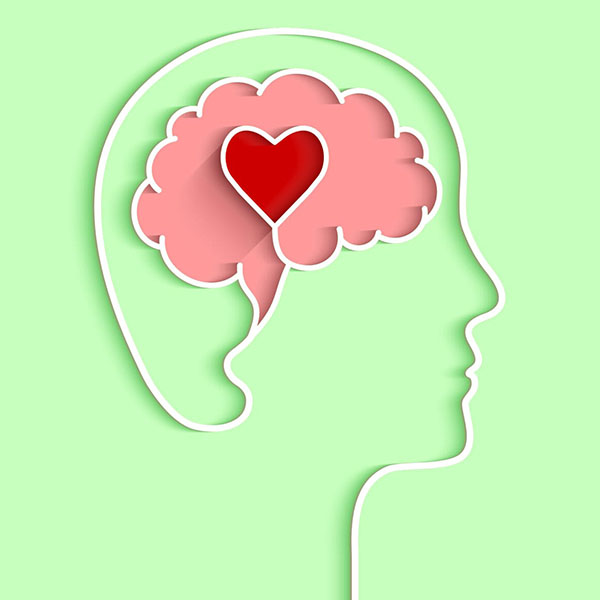In a society where strength is often measured by silence, many Ghanaians continue to struggle quietly with their mental health. Mental well-being is just as essential as physical health, yet stigma and fear of judgment persist, discouraging countless individuals from seeking help. It is time to break the silence, challenge misconceptions, and promote a culture of understanding and compassion around mental health.
Mental Health in Ghana: A Hidden Crisis
Mental health remains one of the most misunderstood aspects of well-being in Ghana. Misconceptions linking mental illness to spiritual or supernatural factors remain widespread, leading to delayed diagnosis and treatment. This deepens stigma and prevents individuals from receiving the support they need.
According to estimates by the World Health Organization (WHO), about 13% of Ghanaians live with some form of mental disorder. Approximately 3% experience severe conditions, while 10% live with moderate to mild disorders. This translates to roughly 3.6 million people nationwide, yet only a small fraction receive professional care.
| Mental Health Disorders in Ghana | Percentage | Estimated Population |
|---|---|---|
| Severe Disorders | 3% | 840,000 |
| Moderate to Mild Disorders | 10% | 2,800,000 |
| Total | 13% | 3,640,000 |
The Treatment Gap
• Estimated population with moderate to severe conditions: 2.8 million
• Only a small proportion receives professional treatment
With Ghana’s population estimated at about 28 million, the numbers show a significant burden and a major treatment gap that requires urgent attention.
The Impact of Stigma
Stigma can have far-reaching consequences, including:
• Social isolation: Individuals withdraw from relationships and community life due to fear of judgment
• Delayed treatment: Fear of being labeled leads people to avoid seeking help
• Worsening symptoms: Untreated conditions may escalate into severe mental health issues, reducing quality of life
Ending Mental Health Stigma: What We Can Do
Each of us has a role in creating a more supportive environment for mental well-being. Here are ways to help:
-
Educate Yourself
Learn about the causes, symptoms, and treatment of mental health conditions to replace myths with facts and foster empathy. -
Share Your Story
If you feel comfortable, talking about personal experiences can inspire others and show that recovery is possible. -
Listen Without Judgment
Provide a safe and supportive space when someone opens up. Sometimes, being heard is the first step toward healing. -
Encourage Professional Help
Seeking help is a sign of strength. Guide those struggling toward trained mental health professionals and reliable support services.
Where to Seek Support in Ghana
• Mental Health Authority – National mental health services and advocacy
• BasicNeeds Ghana – Community-based mental health support
• Helplines and crisis support services – Assistance available around the clock
Conclusion
By working together, we can build a society that values mental health as much as physical health. Breaking the silence, challenging harmful stereotypes, and supporting those facing mental health challenges will move us toward a healthier, kinder Ghana. Mental health matters, and seeking help is not weakness. It is an act of courage.





